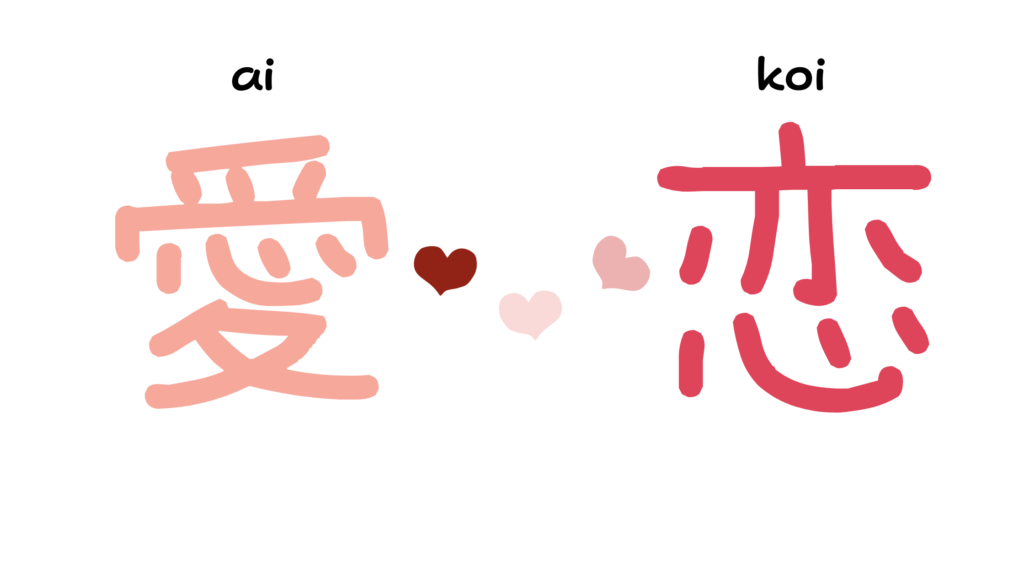
I believe this knowledge will help you in a romantic situation as well, with sentences like the following examples. I’d like to copy just five pages, may I use the copy machine first?”. However, most people accepted her request when she instead said “Excuse me, but I’m in a hurry. People refused someone’s offer when the person said “Excuse me, I only need to copy five pages, may I use the copy machine first?”. When you begin to learn Japanese, you can use the polite expressions first.Īlso according to one book that I read, if your sentence contains a reason then people will accept your offer more easily.Ī psychologist demonstrated this in an experiment. The first expression is casual, while the second one is more polite. もし良かったら、土曜日か日曜日にランチ行きませんか? | Moshi yokattara, doyoubi ka nichiyoubi ni lunch ikimasen ka? (Is there any chance you’d like to have lunch with me on Saturday or Sunday?).土曜か日曜ランチ行かない? | Doyou ka nichiyou lunch ikanai? (You want to have lunch on Saturday or Sunday?).If you want to use this technique, the examples below sentences will help you. When faced with a choice, people tend to feel that they should pick one of them rather than nothing at all. Give a person two choices and let them choose one. I have read a few books about psychology, and I’ve learned a psychological technique to get people to say yes. Japanese love quotes for asking your lovers out for lunchįirst, you should get closer to the person you like. In this article, I’ll give you some passionate expressions to level up your romantic game while speaking Japanese. Young people say 愛してる | aishiteru (I love you) at times and some couples even hold each other’s hands, hug, or kiss in public.

Nowadays, Japanese people are starting to change in a positive way. This is translated from the works of novelist Shimei Futabatei (1864-1909). Appropriately literary response to this would be 死んでもいいわ | shindemo iiwa (I can die happy). You can use this phrase with someone you like, while you’re under the moon. I, for one, like this expression 月が綺麗ですね | tsuki ga kirei desune (the moon is beautiful, isn’t is?) - it sounds literary and intelligent. They hesitated to express feelings of love directly. Soseki pointed out that Japanese people don’t say 愛す | aisu (to love), and that the best translation would actually be 月が綺麗ですね | tsuki ga kirei desune (the moon is beautiful, isn’t is?).Īt the time, Japanese people were more reserved than they are at the present day. When the novelist Souseki Natsume (1867-1916) was an English teacher, one of his students translated the English phrase “I love you” as 我君を愛す | ware kimi o aisu. There is a story about this Japanese love saying. Yet the phrase above doesn’t literally mean “the moon is beautiful, isn’t it?” in Japanese. 月が綺麗ですね | tsuki ga kirei desu ne, the English translation of it is The moon is beautiful, isn’t it?

月が綺麗ですね - A native saying for love in Japanese And after learning it, you will know how do you say I love you in Japanese. This article can get you ready to show your feelings like a native speaker. If very useful when you want to express your love. In this article, I will show you some Japanese love quotes. Whether you want to impress a love interest with your knowledge of traditional romantic expressions or just make the right kind of conversation over dinner with your date, there's a lot to learn about the language of love in Japanese.


 0 kommentar(er)
0 kommentar(er)
